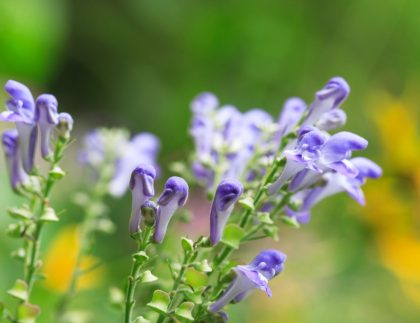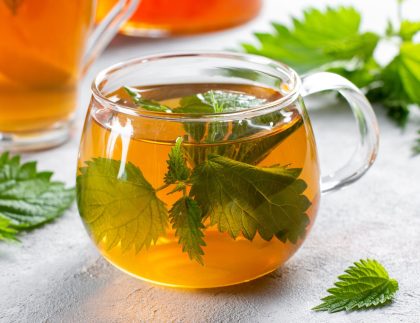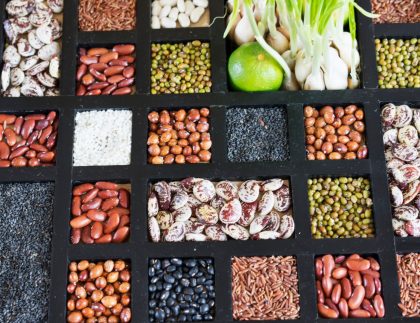 Bell Peppers are (finally) popping up in the garden! I wish I could express the huge difference there is between peppers picked straight from the plant and those bought in the store. Even the flavor is stronger. I enjoy peppers in salads, as a snack (sometimes I dip them in hummus), as fajitas, and they can make a whole meal if you stuff and roast them. Bell peppers are just so easy to work with.
Bell Peppers are (finally) popping up in the garden! I wish I could express the huge difference there is between peppers picked straight from the plant and those bought in the store. Even the flavor is stronger. I enjoy peppers in salads, as a snack (sometimes I dip them in hummus), as fajitas, and they can make a whole meal if you stuff and roast them. Bell peppers are just so easy to work with.Eye Care
You’re aware that eating carrots is good for the eyes. Well, bell peppers are, too, for many of the same reasons: peppers contain the carotenoid compounds beta-carotene, lutein, and zeaxanthin, plus vitamin C, which are all critical to eye health, according to the National Eye Institute. An Australian study published in 2019 in Proceedings of the Third International Tropical Agricultural Conference found that orange bell peppers contain the highest levels of zeaxanthin while yellow peppers are high in lutein. For more, check out 6 Best Supplements For Your Eyes, According to Experts. (1)
Depression
Researchers set out to identify foods that are the best sources of nutrients that have been proven by science to promote recovery from depressive disorders. Reviewing the scientific literature, they keyed on those foods containing the highest amounts of the following mood-boosting nutrients: Folate, iron, long-chain omega-3 fatty acids (EPA and DHA), magnesium, potassium, selenium, thiamine, vitamin A, vitamin B6, vitamin B12, vitamin C, and zinc. The richest plant sources of those anti-depression nutrients were leafy greens, lettuce, cruciferous vegetables, and peppers, according to the 2018 report in the World Journal of Psychiatry. (1)
IBS
Irritable Bowel Syndrome (IBS) is a chronic disorder of the large intestine that often causes cramping, abdominal pain, bloating, constipation, and diarrhea. Stress and certain types of foods, especially milk and cabbage, and other vegetables can trigger the distress. Red peppers, however, may offer some relief, suggests a small preliminary study. Researchers found that the capsaicin in red peppers, when given in powder form in a coated capsule that dissolves in the colon, was significantly more effective than the placebo in decreasing the abdominal pain and bloating of IBS. (1)
Easy to Grow
You don’t need a lot to get started with bell peppers. You don’t even need a lot of space. They will grow quite happily in a pot, and all you need to do is water them! The next time you get some bell peppers from the store, instead of tossing the seeds, save them! Take a few of them, and place directly in a pot with soil. Spritz with water throughout the coming days and weeks. This is just to keep the soil moist (not overly wet). You should see some seedlings coming up. Share the extra plants with friends as gifts (repot them of course), or separate and add more pots to your garden. Nurture your bell pepper plants, talk to them, water them, make banana water and pour on them. Take photos, and be sure to tag me in them (@onyekatefari). I want to see your gardens.
1. https://www.eatthis.com/what-happens-eat-bell-peppers/


